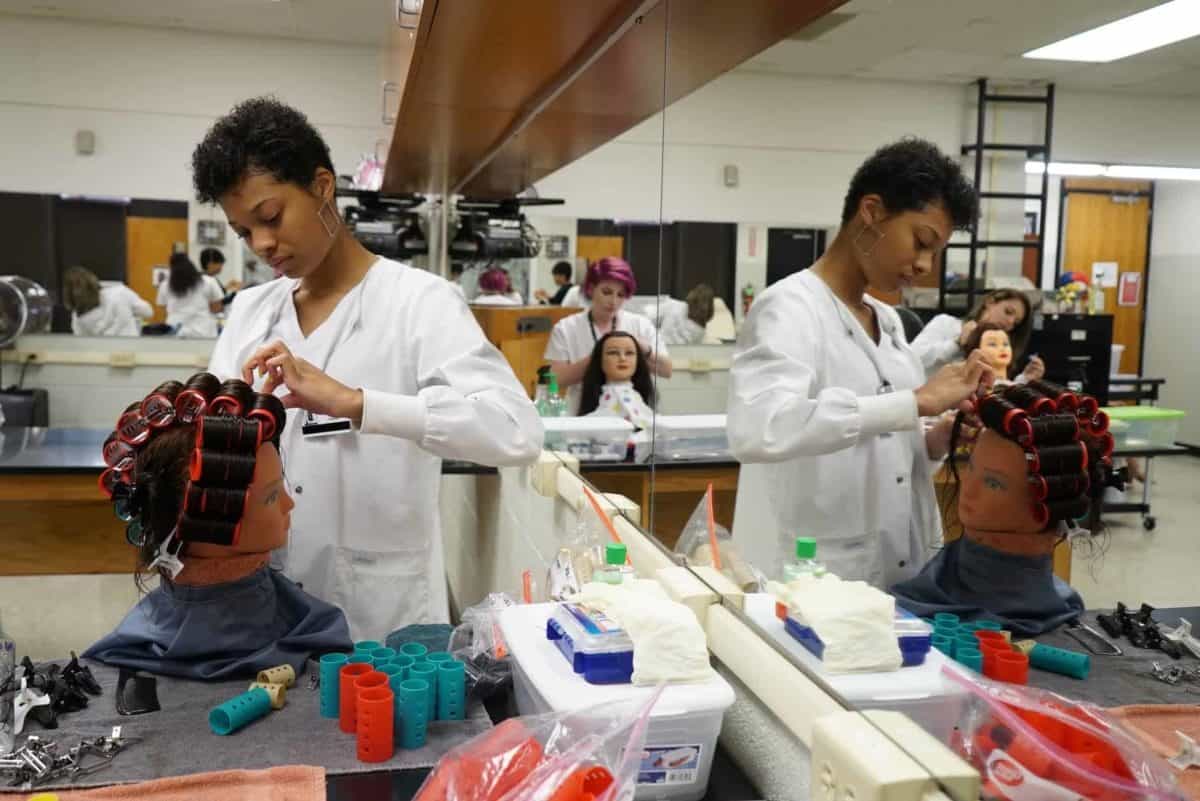

With all of the things we are finding to disagree about in 2020, it’s good to remember that there is one big, hairy, audacious goal that has attracted near-universal, bipartisan support: by the year 2030, North Carolina business, education, government and political groups have all agreed that we are going to need 2 million people — 67% of all working-age adults — to have a “meaningful credential” beyond high school.
Getting there won’t be easy. As near as anybody can figure, if we do nothing, we are going to fall 400,000 workers short of the number of credentialed people we need to fuel our future economy. The report outlining the goal from the myFutureNC Commission has touched off sparks of energy among people developing new early childhood interventions, improving elementary school reading levels, boosting high school graduation rates and easing the transition from high school to higher ed.
But there’s another age group of people that could make a huge difference in helping us meet our goals. Right now there are 1.014 million adult North Carolinians who have taken some college classes, but are no longer pursuing their degrees. Policy wonks call them “Some Credit, No Degrees,”or SCNDs.
Who are they? The first-ever survey of this population, by Strada-Gallup, gives us some really valuable insights into who these SCNDs are, and what it would take to attract them back to complete their degrees.
First, we know that there is no single reason why these folks left in the first place. For some, it was conflicts between school and work, for some it was financial pressures, and for others it was life events, like pregnancy. People who dropped out were also much more likely than those who completed to report that they had “fair” or “poor” academic or career counseling from the school they were attending – they weren’t getting good help.
But less than one-in-five (19%) say they are not interested in coming back. That makes some sense. According to the survey, nearly half (47%) of those SCND’s are making less than $35,000 a year. Among those surveyed, young people, people of color and those working in food preparation were particularly likely to want to come back and complete.
But what would it take to attract them back? The survey highlights three things:
- Affordability: 52% say free community college would make a “great deal” of difference in a decision to come back to school. Helping people figure out how to balance the costs of school and work will be critical to encouraging them to return.
- Convenience: 47% say it’s a scheduling problem and that finding courses and training that “fit your schedule” would make a “great deal” of difference. The survey shows that SCND are most excited by training offered through their employers.
- Usefulness: 47% say it would make a great deal of difference if they knew that there was a guaranteed employment outcome as a result of attaining a degree. Good counseling will be critical to ensure that the courses SCNDs are taking fit the needs of the job market.
At our Emerging Issues Forum, ReCONNECT to Economic Opportunity, in Charlotte in October, we heard from business leaders their concern about the “skills gap” as they looked for employees, from higher ed officials their interest in improving counseling, and from community leaders their interest in walking with adults trying to navigate their way to higher wages. If we’re serious about meeting our attainment goals, it’s time for all of them to sit down and figure this out.
What difference would it make if we did a better job convincing SCND folks to finish their degrees? Let’s say we leave out those who are not interested. If North Carolina follows the national trend, that leaves us with roughly 821,000 possible degree earners — nearly 400,000 of them currently making less than $35,000 a year. So there’s a nice round number — 400,000. A collaborative effort between business, education and community groups to get there with our SCNDs would give us something everybody could feel good about in 2020.



